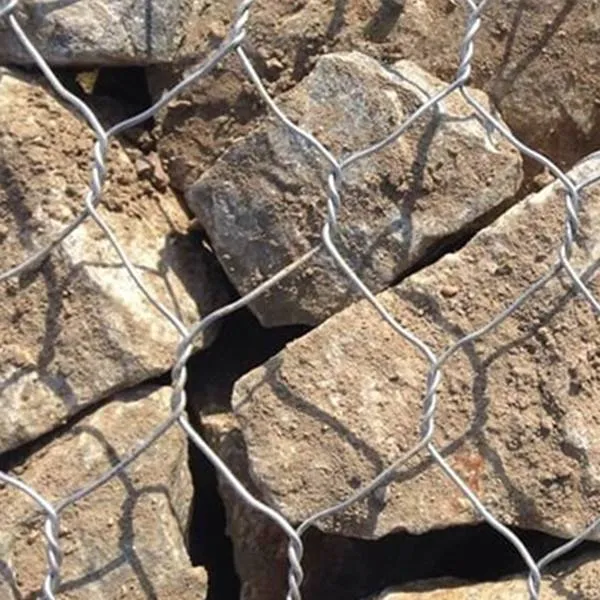
Oct . 18, 2024 11:31 Back to list
Exploring Different Varieties of Agricultural Field Fencing Options
Types of Field Fence An Overview
When it comes to agricultural practices, ranching, or even ornamental landscaping, the kind of fencing you choose plays a crucial role in maintaining boundaries, protecting livestock, and enhancing the overall aesthetic of the property. Field fencing can be categorized into several types, each designed to serve specific needs and environments. In this article, we will explore the various types of field fences, highlighting their unique features, benefits, and ideal applications.
1. Barbed Wire Fencing
Barbed wire fencing is perhaps the most common type of field fence, particularly in rural areas. It consists of two or more strands of wire with barbs at regular intervals, which serve as a deterrent to both human intruders and livestock. Barbed wire is cost-effective and easy to install, making it a popular choice for farmers and ranchers. However, it can pose a risk of injury to animals and humans if not properly managed. Its primary use is for containing livestock and marking property lines.
2. Electric Fencing
Electric fencing utilizes an electrified wire to create a psychological barrier for livestock. It delivers a mild shock to animals that come into contact with it, effectively training them to stay away from the fence. Electric fencing is highly effective for containing animals that might otherwise breach a conventional fence. It can also be used in rotational grazing systems, enabling farmers to efficiently manage grazing areas. Although electric fencing generally requires a higher initial investment and proper maintenance of the energizer, its versatility and effectiveness make it a favorable option.
3
. Woven Wire FencingWoven wire fencing, also known as field wire fencing, consists of rectangular or square-shaped openings created by weaving together wires. This type of fence is durable and strong, providing excellent containment for livestock, particularly smaller breeds. Woven wire is also effective against wildlife, making it suitable for agricultural land adjacent to natural habitats. However, it may require a more complex installation process and can be more expensive than barbed wire.
types of field fence

4. Stock Fencing
Stock fencing is specifically designed to keep livestock in while preventing wild animals from entering. This type of fencing usually features a combination of vertical wires and horizontal wires spaced apart at uniform intervals. It is suitable for various types of stock, including cattle, sheep, and pigs. Stock fencing is more robust than typical wire fencing and can be constructed with additional features such as reinforcing posts or barbed wire at the top.
5. Chain Link Fencing
Chain link fencing consists of interlocking steel wires forming a diamond pattern. This type of fence is often used for residential and commercial properties but can also be applied in agricultural settings. Chain link is highly durable and low-maintenance but may not provide sufficient containment for certain types of livestock without the addition of barbed wire or electric topping. It can be a good choice for protecting crops from animals while allowing visibility.
6. Wood Fencing
While not traditional field fencing, wood fencing is often used in agricultural settings, especially for decorative purposes or for enclosing areas such as gardens or nurseries. Depending on the style (e.g., split rail, post and rail), wood fencing can vary in strength and suitability for livestock containment. Its natural aesthetic makes it a popular choice for landscaping, though wood requires regular maintenance to prevent decay.
Conclusion
Choosing the right type of field fence is essential for effective land management and livestock control. Factors such as budget, the type of animals being contained, and the specific purpose of the fence should guide your decision. Each type of fencing has its pros and cons, and understanding these will help ensure that your fencing solution meets your needs effectively. Whether you favor the affordability of barbed wire or the durability of woven wire, the right fence can significantly enhance the functionality and appearance of your property.
-
Why a Chain Link Fence is the Right Choice
NewsJul.09,2025
-
Upgrade Your Fencing with High-Quality Coated Chicken Wire
NewsJul.09,2025
-
The Power of Fence Post Spikes
NewsJul.09,2025
-
The Best Pet Enclosures for Every Need
NewsJul.09,2025
-
Secure Your Property with Premium Barbed Wire Solutions
NewsJul.09,2025
-
Enhance Your Construction Projects with Quality Gabion Boxes
NewsJul.09,2025
Products categories











